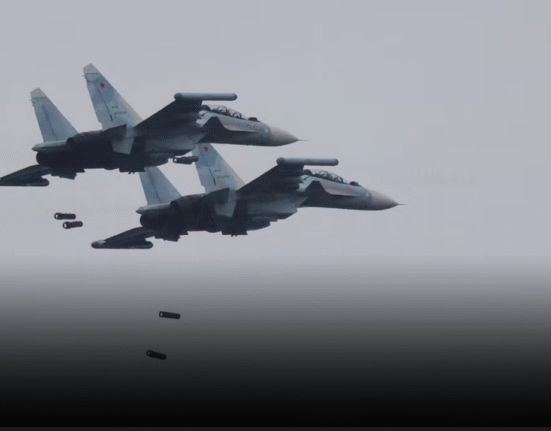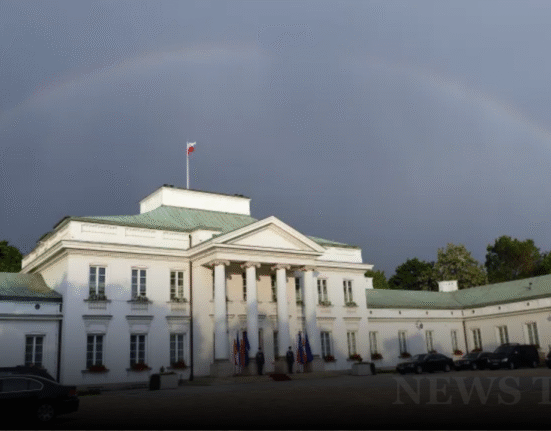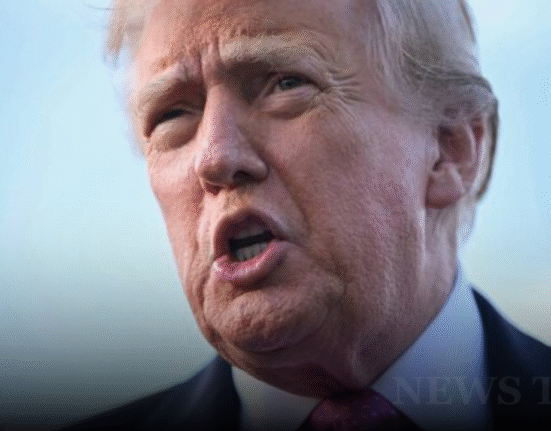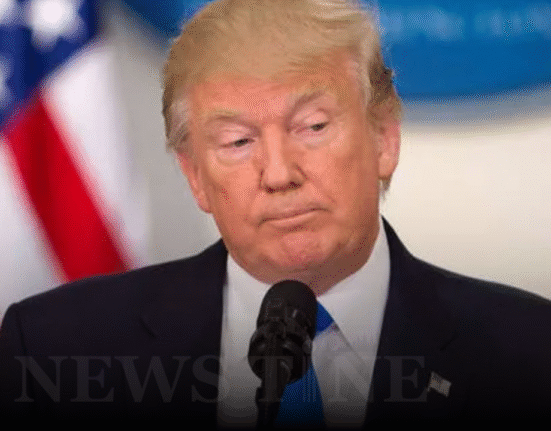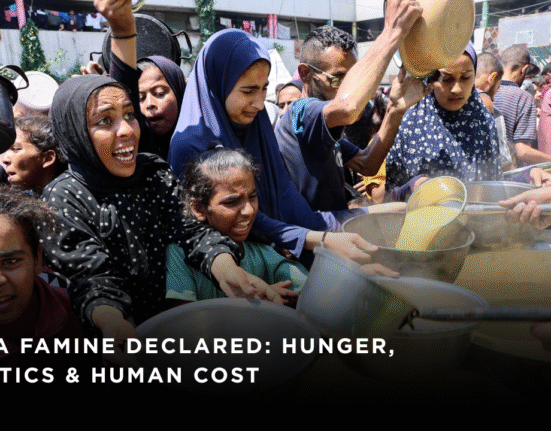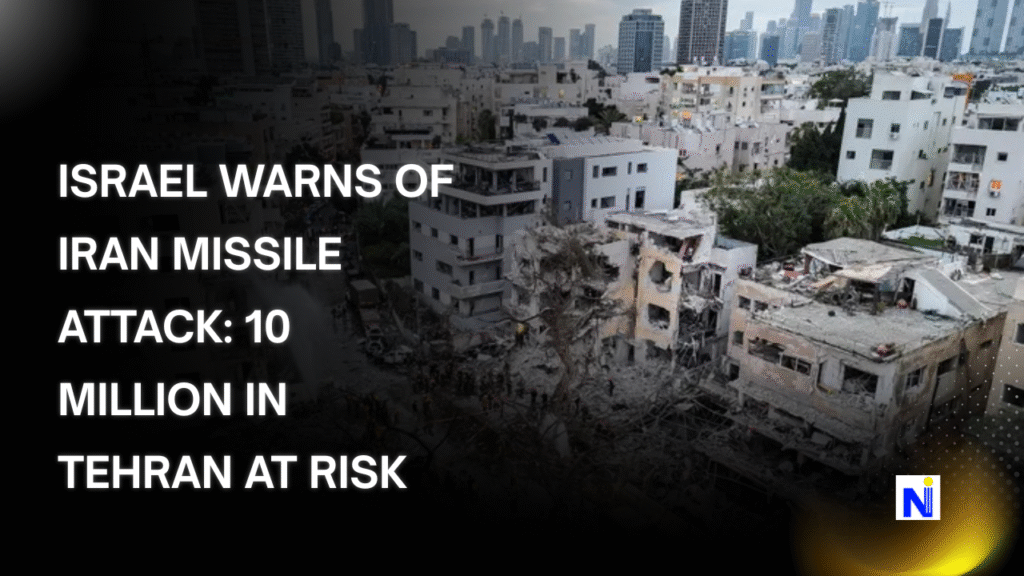
Tehran on Edge: Civilians Told to Flee as Israel Warns of More Iran Missile Attacks
The city of Tehran, home to nearly 10 million people, stands on edge. As Israel continues its military campaign targeting Iran’s nuclear capabilities, the Israel Defense Forces (IDF) issued a chilling warning to residents of the Iranian capital: evacuate now. The stark message came in the wake of a series of missile strikes that have intensified over recent days, placing the spotlight firmly on an already fraught Middle East.
A New Phase in the Conflict: US Joins the Fight
On Saturday, the situation escalated dramatically as the United States entered the fray. In a coordinated strike, U.S. forces targeted three key Iranian nuclear sites. The attacks were framed as a direct response to increasing aggression and intelligence suggesting Iran’s nuclear ambitions were accelerating.
The joint pressure from both Israel and the United States marks a turning point. While Tehran has long been a focal point for geopolitical tension, the current warnings—broadcasted in Farsi by the IDF—signal a deeper phase of the conflict that may soon spill over into broader urban warfare.
“Dear citizens of Tehran, in the coming days the Israeli army will continue its attacks against military targets in the Tehran region,” read an IDF post translated from Farsi.
“To ensure your personal safety, we ask you to stay away from weapons production facilities, military headquarters, and security institutions affiliated with the regime.”
Tehran’s Demographics and the Scale of Risk
Tehran is Iran’s largest city and a nerve center for its government and military operations. With nearly 10 million residents, any large-scale conflict here poses unimaginable risks.
- Population: Approx. 9.8 million (2024 est.)
- Key Sectors: Government, military, academic, energy
- Evacuation Zones: Primarily near military and weapons-related installations
The IDF’s precision in issuing warnings to specific neighborhoods mirrors its policy seen in past regional conflicts—prioritizing civilian lives even in the midst of military operations. Israeli Prime Minister Benjamin Netanyahu emphasized this point during a speech at an Israel Air Force base:
“In contrast to the criminal Iranian regime, we tell the civilians in Tehran: ‘Evacuate,’ and we are taking action.”
Why the Renewed Tension Now?
The latest warnings and missile activity are not coming out of the blue. Over the past few months, Iran has ramped up its nuclear development activities. Though Iran insists its program is peaceful, satellite imagery and international intelligence have pointed to the potential development of weapons-grade uranium.
Contributing Factors:
- Nuclear Activity: UN nuclear watchdogs have flagged Iran for limited cooperation.
- Hezbollah and Proxy Activity: Iran’s influence in Lebanon and Iraq has led to regional instability.
- Retaliation Fears: Israel fears Iranian counterstrikes or future nuclear blackmail.
The result? Heightened military operations and a new wave of strategic messaging from Israel and the U.S.
Civilian Safety vs. Military Objectives
One of the most harrowing elements of the current situation is the dilemma it places on civilians. The Iranian regime has long placed critical military infrastructure in or near populated zones, complicating precision strikes and endangering non-combatants.
“This isn’t just about missiles and defenses. This is about how a government values its people,” said military analyst Rachel Yadin. “When missiles fall near apartment blocks because military assets are embedded there, the lines blur dangerously.”
Past Precedents
| Year | Conflict Zone | Civilian Warnings Issued? |
|---|---|---|
| 2014 | Gaza Strip | Yes |
| 2020 | Syria | No |
| 2023 | Lebanon | Yes |
| 2025 | Tehran | Yes |
International Response and Diplomatic Tensions
The United Nations Security Council has called for an emergency meeting. The EU has expressed “grave concern,” and Russia and China have urged de-escalation, though both have traditionally been supportive of Iran in geopolitical standoffs.
U.S. Role in the Conflict
The U.S. Department of Defense confirmed Saturday’s strikes and emphasized their coordination with Israeli forces. A Pentagon spokesperson said:
“The intent was to neutralize active threats to U.S. and allied assets in the region. We continue to assess and will respond as necessary.”
Humanitarian Outlook: Preparing for the Worst
International humanitarian agencies like the Red Crescent and Doctors Without Borders are preparing emergency response units. There are fears that a full-scale Iran missile attack scenario could result in tens of thousands of civilian casualties and trigger a refugee crisis.
Aid Efforts in Motion:
- Pre-deployment of mobile medical units
- Food and water supply centers on Tehran’s outskirts
- Safe-zone setup near Iran’s western border
Voices from the Ground
While Tehran’s government denies the scale of military threat, residents are telling a different story. Leaked videos show empty streets and long queues at gas stations and supermarkets. A student at the University of Tehran, speaking anonymously, said:
“We’re scared, yes. But we don’t know where is safe anymore. There’s no clarity from our own government.”
Meanwhile, Iranian media outlets maintain a tone of defiance, with headlines referring to Israeli warnings as “psychological warfare.” Still, satellite images don’t lie—and damage to at least two military facilities has been confirmed.
What Happens Next?
If the current escalation continues, experts say the situation could spiral:
- Full Urban Conflict: Air strikes may move deeper into the civilian belt.
- Nuclear Retaliation: Iran could accelerate underground weapons development.
- Oil Market Disruptions: Iran’s position in OPEC means global oil prices could spike.
Conclusion: Treading the Line Between War and Warning
As Tehran’s skyline braces for more flashes in the sky, the Israel-Iran conflict enters uncharted territory. With nearly 10 million lives in potential danger, this is more than a geopolitical chess match—it’s a human crisis in motion. Whether or not diplomacy can prevail in time remains to be seen.
Have thoughts about the escalating tension? Drop your take in the comments below.


